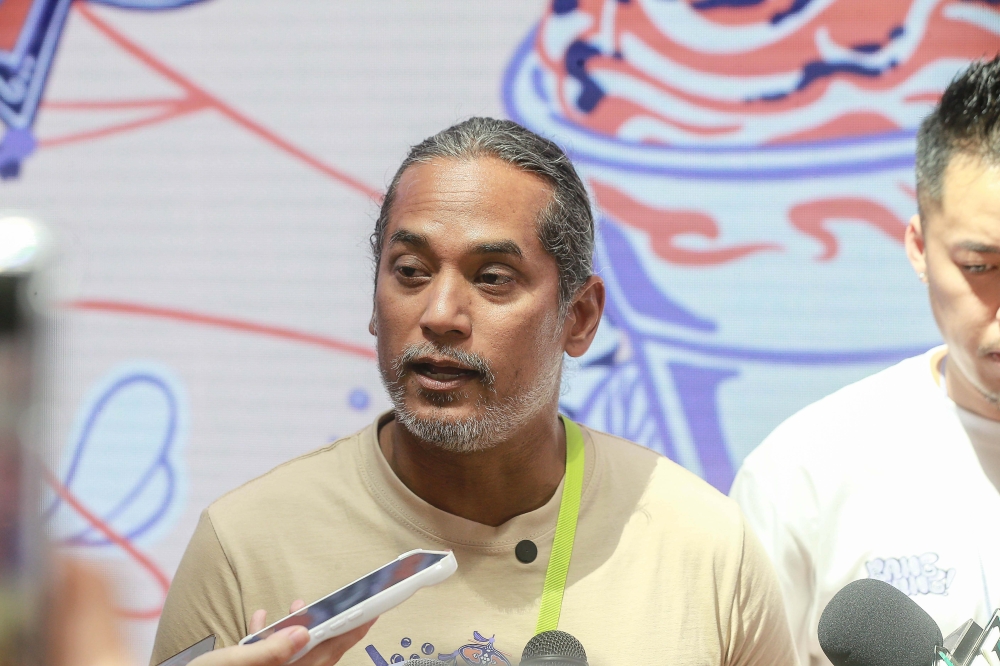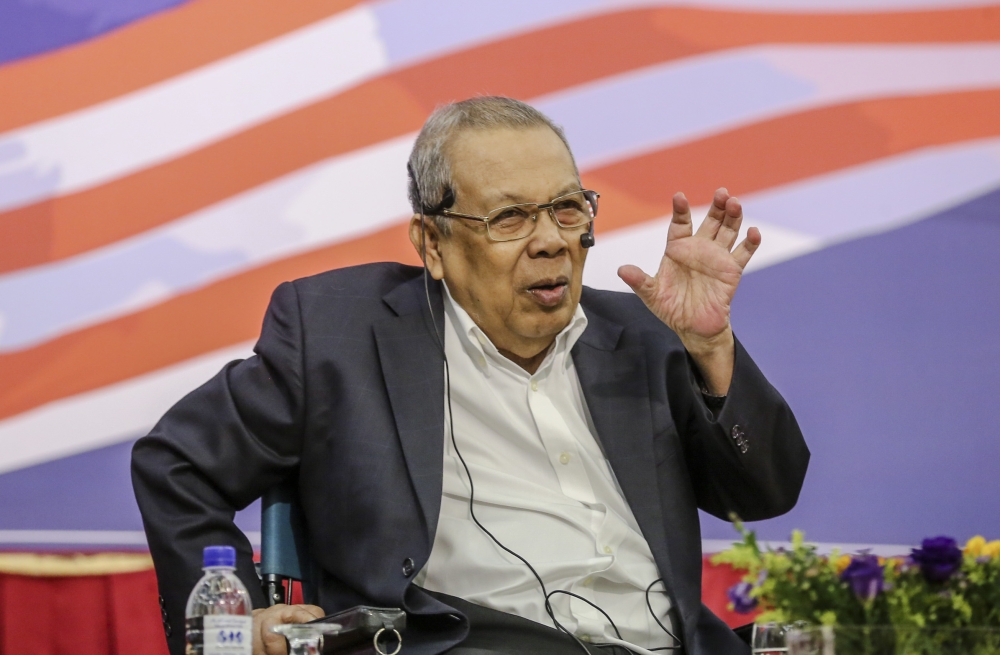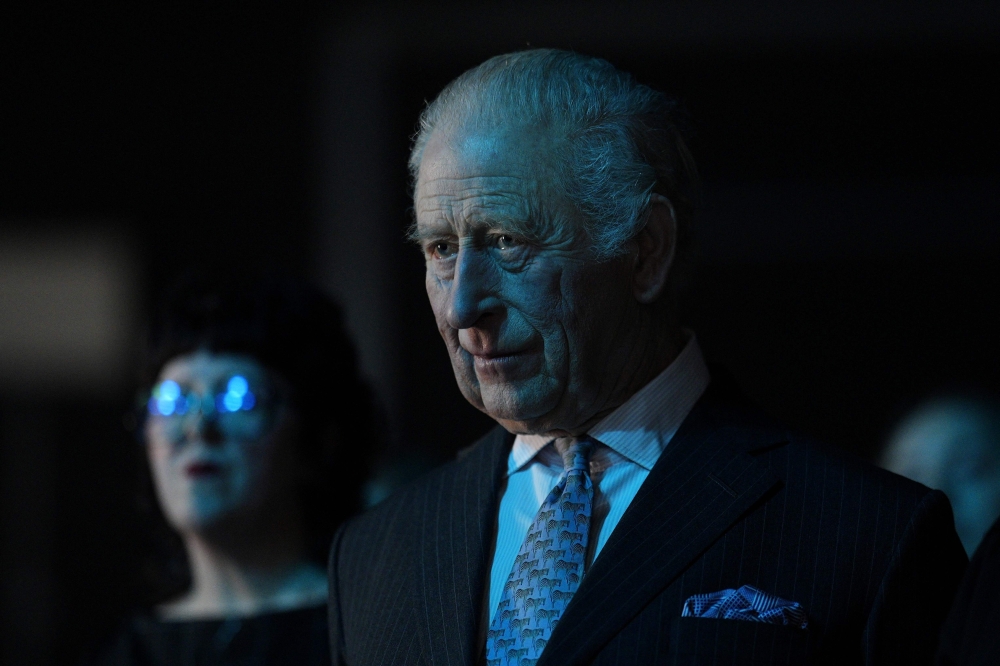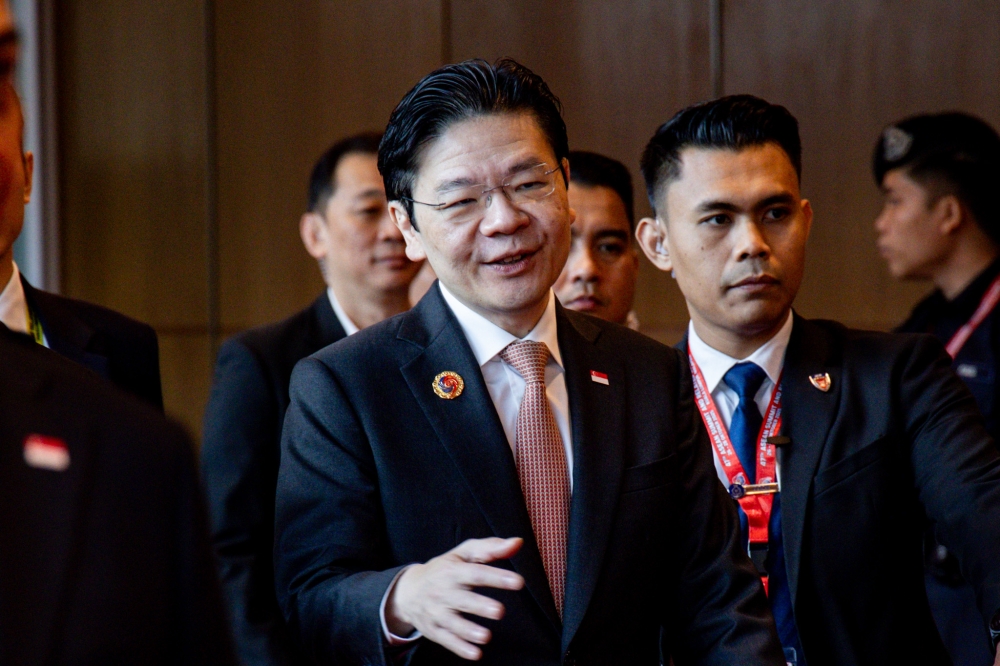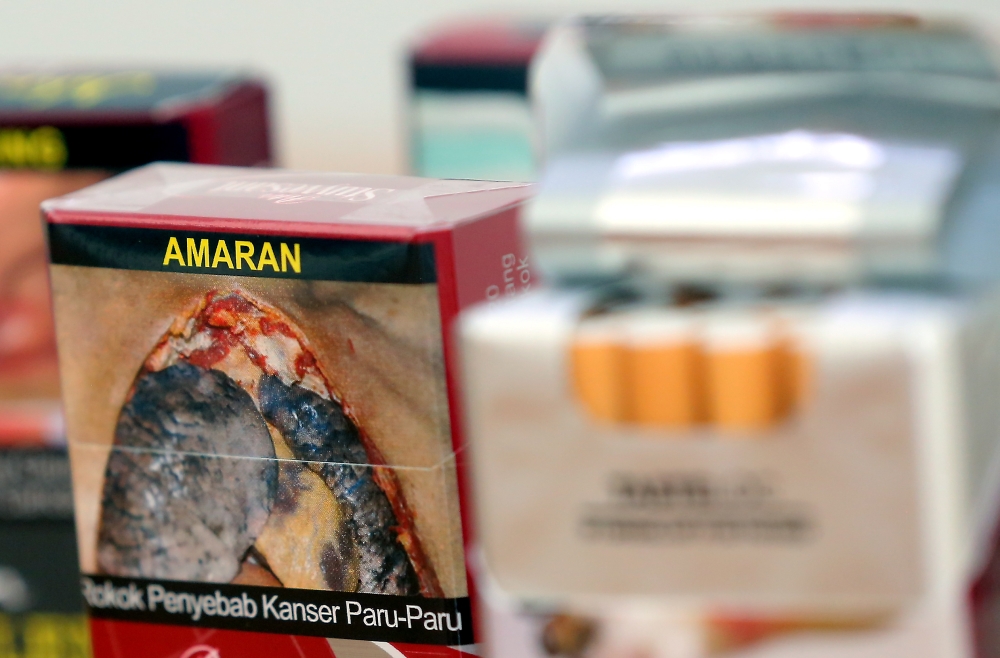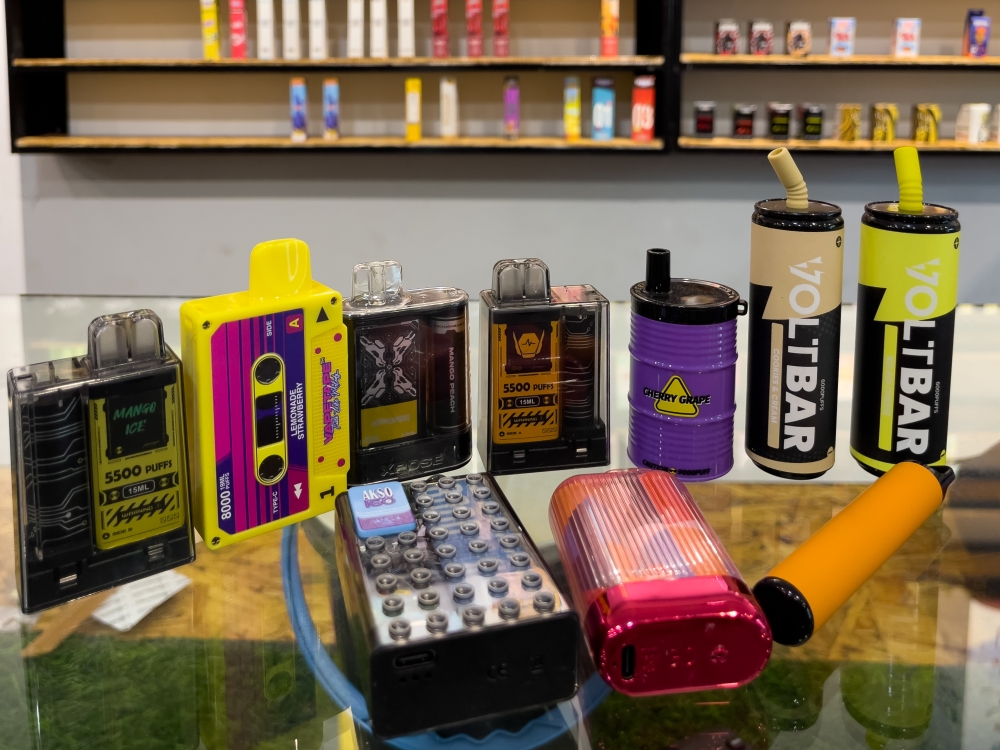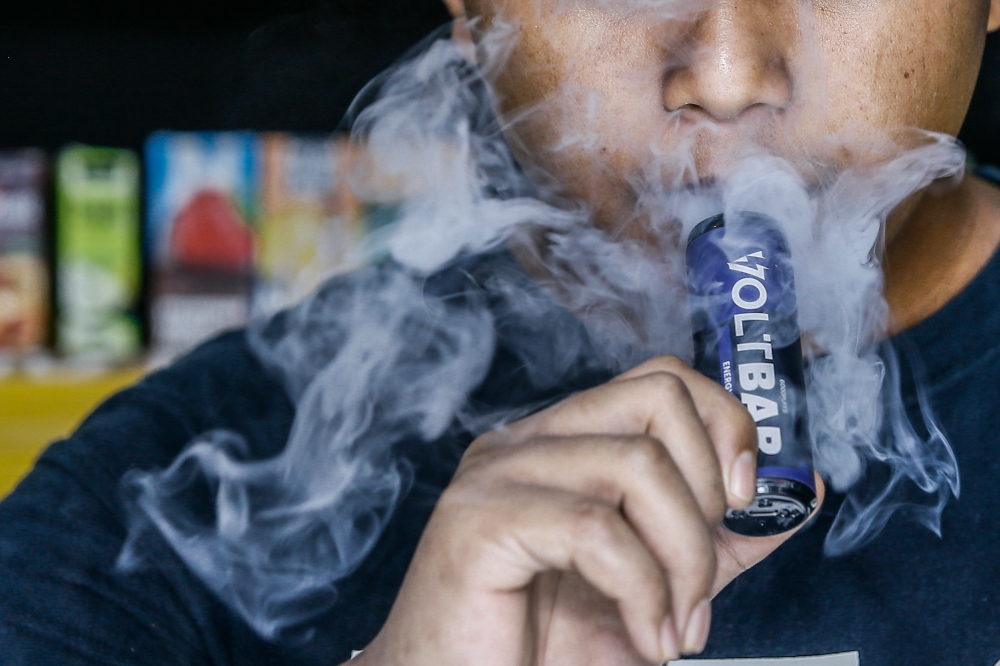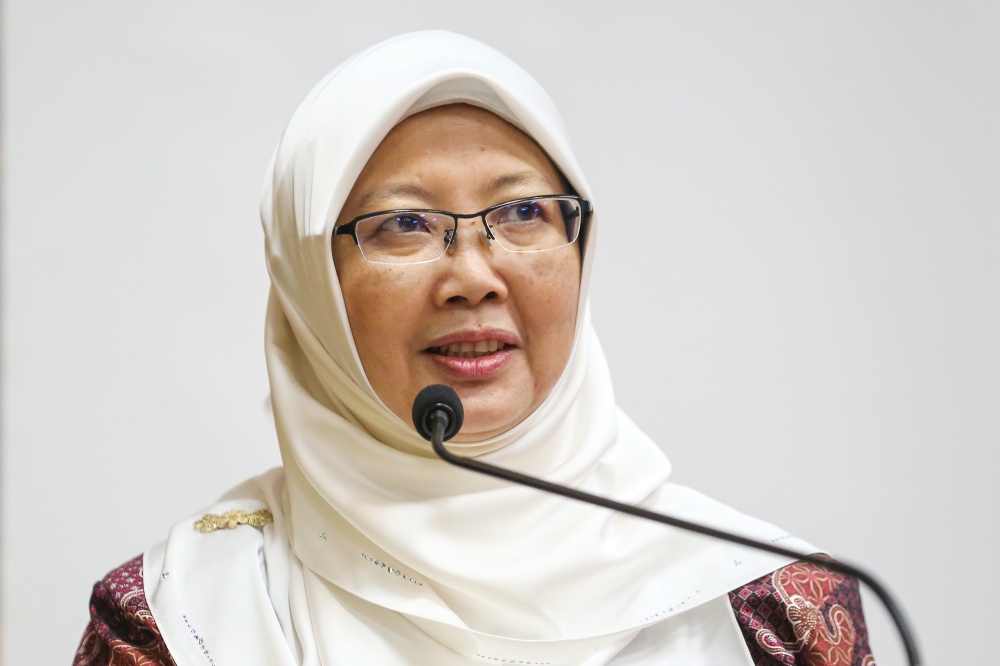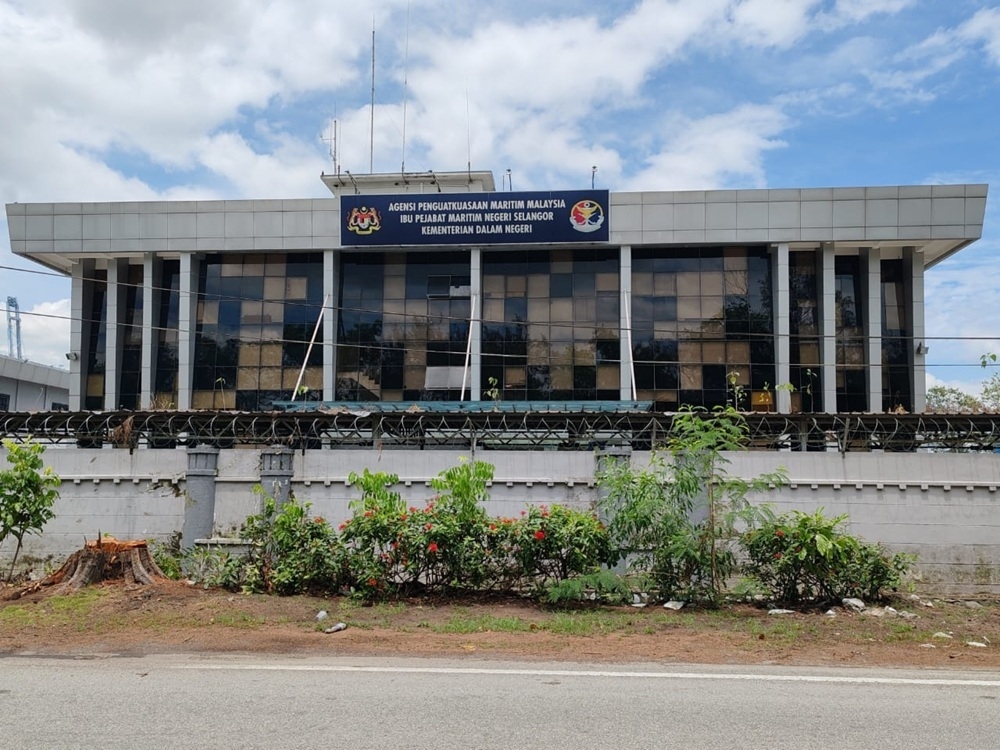KUALA LUMPUR, April 27 — The Malaysian Council for Tobacco Control (MCTC) has refuted claims that the highly anticipated tobacco control Bill will deprive personal liberty and equality before the Federal Constitution.
After former chief justice Tan Sri Zaki Azmi lobbied against the Bill, the anti-smoking council said that the Bill that aims to end cigarette consumption for persons born after 2007 dubbed “Generational End Game” is constitutional.
“Nicotine addiction is not distinguishable from addiction to other drugs. If the country can ban or regulate other drugs, it can also regulate nicotine. It must also be emphasised that nicotine is more addictive than opium; if we can stage a war on opium, why not on nicotine?
“The main objection to the state initiative in this area is that the law will be difficult to enforce. That is indeed true. But admittedly, the challenges surrounding enforcement accompany all laws,” it said in a statement here.
Zaki had raised his concerns in an opinion piece published by English daily New Straits Times, saying that it could infringe on constitutional freedoms.
MCTC highlighted that Article 5(1) of the Constitution does not give an absolute right to liberty, which it said can be deprived but only in accordance with the law.
Citing a precedent, it said that the State has the authority to distinguish and classify persons as the law should read as “like should be treated alike” instead of “all persons must be treated alike”.
Article 5(1) provides that no person shall be deprived of his personal liberty save in accordance with law. As a general rule, it is clearly found under Article 5 (1) that every person has his personal liberty protected unless the law states otherwise. This provision is very essential to every individual.
“As long as there is a valid law, and the executive acts under it, there is no unconstitutional violation of personal liberty,” MCTC said after seeking advice from constitutional experts.
On equality before the law, the council said that the Bill would not unconstitutionally discriminate against those born after 2007 as Article 8(1) of the Constitution is not unconditional.
Article 8(1) of the Constitution reads: “All persons are equal before the law and entitled to equal protection of the law. The law implies that every person is equally subject to the law, regardless of their social, political or economic status.”
“However, (i) the classification must be rational and reasonable and (ii) must have a rational nexus with the object sought to be achieved.
“Age is a permissible factor for classifying persons into different categories. We have laws on age of majority, eligibility to vote, right to contest an election, age of marriage, age for consent to have sex, age below which there is no criminal liability, and special court procedures for juveniles.
“Age is a permissible, rational and necessary criterion for classification in several laws,” it added.
It also said that the categorisation of “born before and after 2007” was made based on a rational and reasonable basis, as well as supported by medical evidence.
“The classification has a reasonable nexus with the noble objects of the law. All in all, the law seeks to ultimately eliminate the scourge of smoking. But it seeks to do it in a spirit of gradualism,” it said.
Previously, Prime Minister Datuk Seri Anwar Ibrahim apologised for the delay in tabling the Tobacco Products and Smoking Control Bill in the Dewan Rakyat, saying that several MPs have requested that some of the provisions in the Bill be studied again, which then warranted further discussions.
On April 1, Health Minister Dr Zaliha Mustafa said her ministry will table a new law to regulate nicotine use which will include the GEG policy, after Putrajaya gazetted an excise duty for vape liquids with nicotine content at 40 sen per millilitre.
She said the MoH aims to present the new Bill immediately at the next Parliament sitting in May.
During the tabling of Budget 2023 on February 24, Anwar, who is also the finance minister, announced that the government will impose an excise duty on liquid or gel products containing nicotine, with half the revenue to be allocated to the Health Ministry.
He said that the liquid or gel products with nicotine — estimated to be worth RM2 billion in potential government revenue — were widely used with electronic cigarettes and vaping, despite this being technically illegal.






